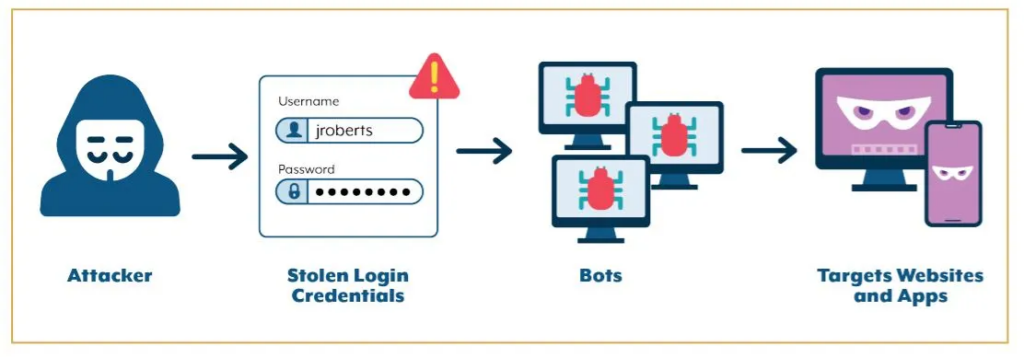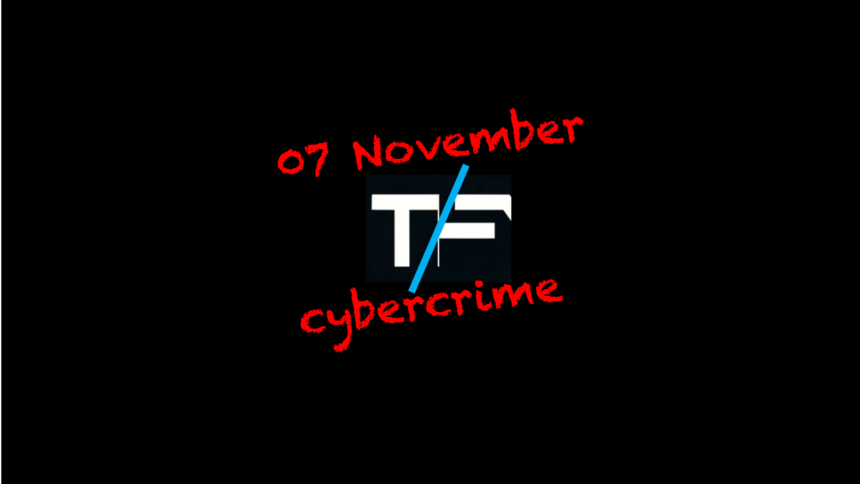Another day, another dollar… to steal… that is. In today’s digest of notable cybercrime globally, there are ranging incidents impacting politics, policies, and your data. From net neutrality battles in the U.S. to sweeping arrests by Interpol, there are headlines everywhere.
Today’s roundup explores the notable actions and what they mean for individuals and organizations.
What’s Happening & Why This Matters
U.S. Election Escapes Cyber Interference
Election Day proceeds with minimal disruption in the U.S., thanks to a vigilant Cybersecurity and Infrastructure Security Agency (CISA). Director Jen Easterly confirms no evidence of substantial election interference, though minor attempts at disinformation and false bomb threats, traced to Russian sources, were reported. This reflects increased resilience in election security since CISA’s establishment, though there are concerns Trump’s administration may try to dismantle it as part of budget cuts.
U.S. Net Neutrality Set for Another Flip
With a shift in the U.S. presidency, net neutrality rules face repeal again, as Republicans generally oppose these regulations. Returning GOP FCC members are likely to dismantle protections introduced during Biden’s administration. Brendan Carr, a potential FCC head, criticizes the regulations, calling them outdated and advocating instead for “no blocking, throttling, or discrimination” policies—although past attempts with similar provisions failed in court. This move sparks concerns around internet freedom and the FCC’s power in shaping digital rights.

Interpol Strikes Hard on Cybercrime

Interpol’s “Synergia II” operation takes down over 22,000 malicious IP addresses, leading to 41 arrests across 95 countries. From phishing scams to ransomware attacks, this effort marks a global crackdown on cybercrime infrastructure, seizing servers and deterring potential future threats. Generative AI has fueled the rise in phishing, providing new ways to target victims. Neal Jetton of Interpol lauds the operation as a collaborative success, stating it prevented hundreds of thousands from falling prey to cyber threats.
Hot Topic Data Breach Exposes Millions
Hot Topic confirms a data breach, exposing 54 million emails and 25 million credit card numbers. The data includes personal information like names, addresses, and birthdates, raising the risk of identity theft. Privacy company Atlas Privacy warns that the data, collected through loyalty programs, is highly sensitive. Atlas has created a tool, DataBreach.com, allowing users to check if their information was compromised in this or other breaches. This breach highlights vulnerabilities in retailer databases, stressing the need for robust security practices.

DataBreach.com: New Tool to Check Data Leaks
Atlas Privacy introduces DataBreach.com, a platform for users to check if their personal information was leaked in data breaches, offering searches by name, email, and even Social Security numbers. Unlike the widely used “Have I Been Pwned” service, DataBreach.com aims to include more search options and localized data relevant to U.S. consumers. Atlas assures that searches remain private, as comparisons happen on users’ devices. This tool responds to growing public concern over data privacy, with users increasingly seeking ways to protect personal information from exploitation.
TF Summary: What’s Next
Cybersecurity is a constant battlefield with regulators and law enforcement grappling with ever-increasing data and privacy attacks. With a new [returning] U.S. president, the policy for Internet equality is under threat. In Europe, Interpol collaborations helped slow threat actors’ threats. Consumers received new data protection tools offering new ways to reclaim privacy.
Cyber threats will only grow more intense and sophisticated. Individuals, organizations, and governments must keep place with proactive security measures and regulatory clarity.
— Text-to-Speech (TTS) provided by gspeech


